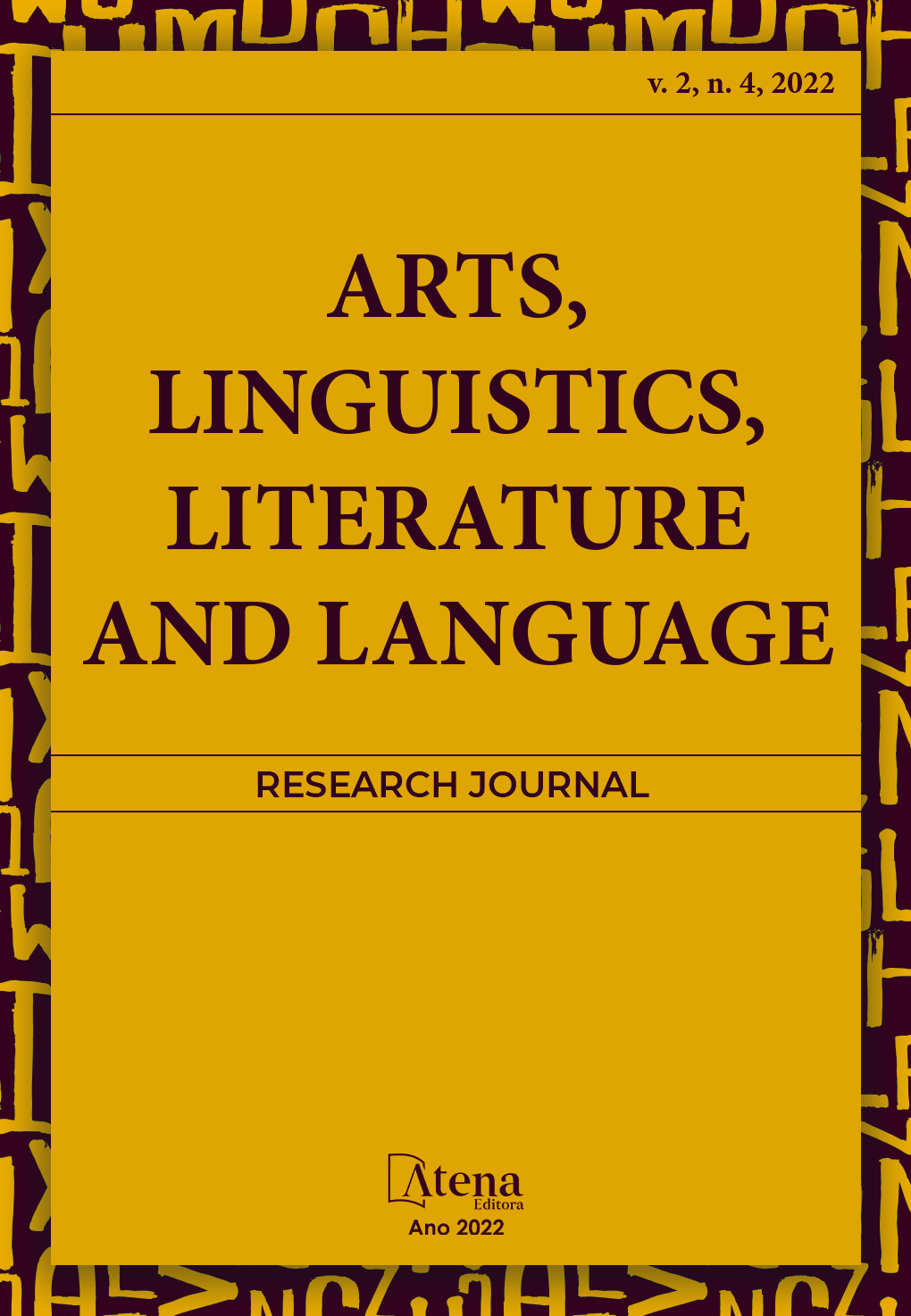
Transliterations at school: new tools for teaching Portuguese
The transformations that society is going through show the need to change the way the school conducts teaching and learning. More and more, the blackboard and chalk are giving way to new digital information and communication technologies (TDIC'S), to forms of teaching in which the centrality does not fall on the figure of the teacher, nor on that of the student, but is precisely in the relationship among them, in the learning process, as explained Assmann (2001). This way, this work seeks to present a qualitative/interpretivist and ethnographic collaborative research proposal, developed in a public school in Foz do Iguaçu, whose main objective was to interpret how the convergence between local knowledge and the multimodal text occurs during events of transliteration of the third-grade high school students in Portuguese language classes in a decolonial perspective. Theoretically, such research is based on the contributions of Thomas et al (2007) to talk about transliteracy, Levy (1999) to address cyberculture, Canclini (2005), to conceptualize culture, Moran (2015), to talk about blended learning, Walsh (2013), to discuss the concept of decoloniality, among others.
Transliterations at school: new tools for teaching Portuguese
-
DOI: 10.22533/at.ed.929242212064
-
Palavras-chave: Transliteration; Technologies; Digital age; Education; Decoloniality.
-
Keywords: Transliteration; Technologies; Digital age; Education; Decoloniality.
-
Abstract:
The transformations that society is going through show the need to change the way the school conducts teaching and learning. More and more, the blackboard and chalk are giving way to new digital information and communication technologies (TDIC'S), to forms of teaching in which the centrality does not fall on the figure of the teacher, nor on that of the student, but is precisely in the relationship among them, in the learning process, as explained Assmann (2001). This way, this work seeks to present a qualitative/interpretivist and ethnographic collaborative research proposal, developed in a public school in Foz do Iguaçu, whose main objective was to interpret how the convergence between local knowledge and the multimodal text occurs during events of transliteration of the third-grade high school students in Portuguese language classes in a decolonial perspective. Theoretically, such research is based on the contributions of Thomas et al (2007) to talk about transliteracy, Levy (1999) to address cyberculture, Canclini (2005), to conceptualize culture, Moran (2015), to talk about blended learning, Walsh (2013), to discuss the concept of decoloniality, among others.
-
Número de páginas: 16
- Maria Elena Pires Santos
- ADRIANE ELISA GLASSER


